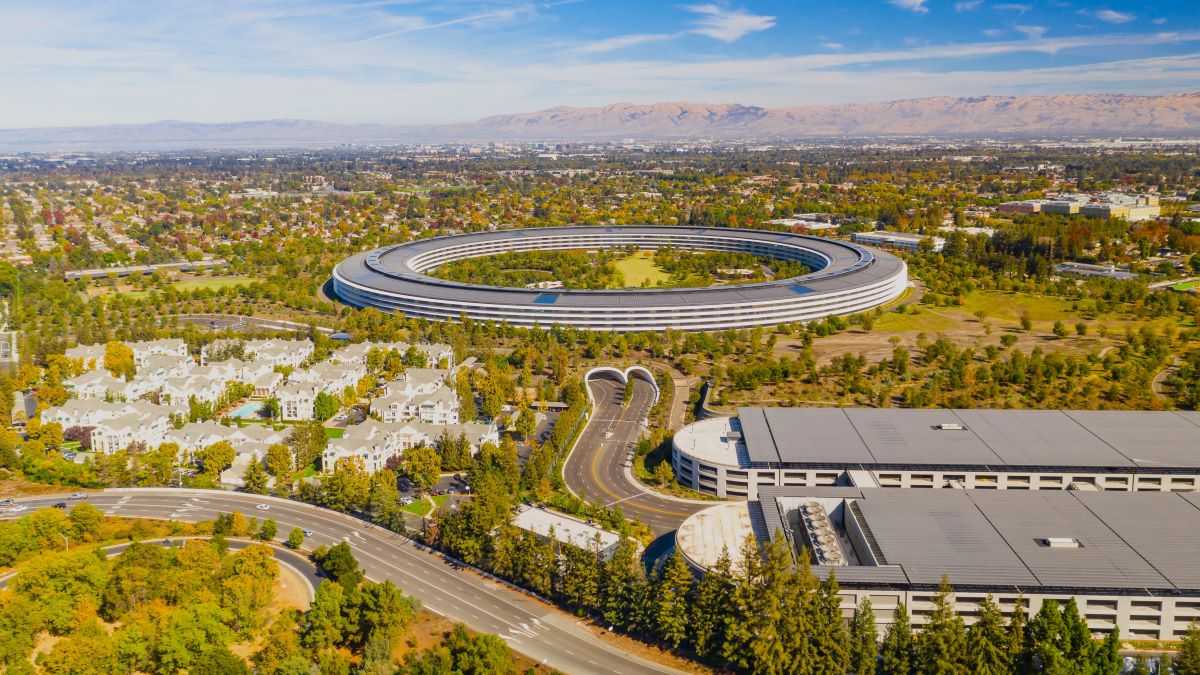DOJ Takes Antitrust Fight to Apple

As President Joe Biden approaches the end of his first term in office, vigorous enforcement of antitrust law has become a hallmark of his administration. In the most ambitious move yet, the Department of Justice is pursuing antitrust action against technology behemoth Apple for exerting what the government views as excessive control over the iPhone and its related products.
Last week, DOJ joined more than 15 states and the District of Columbia in suing Apple for “broad-based, exclusionary conduct,” alleging the company has built an ecosystem of applications adjacent to the iPhone that prevent consumers from abandoning the smartphone for a competing product. For example, the lawsuit charges Apple with restraining so-called super apps that enable users to change over to other smartphones. DOJ also zeroed in on the functionality of smartwatches, noting that if consumers purchase an Apple Watch, they must deal with “substantial out-of-pocket costs” to pair it with anything other than an iPhone. There’s also the matter of the annoying snags that tend to arise when messaging between iPhones and non-Apple platforms – a surprisingly controversial subject in popular culture known as the green-bubble debate.
The result, according to DOJ, is that Apple has tried to monopolize the smartphone market. “For years, Apple responded to competitive threats by imposing a series of ‘Whack-A-Mole’ contractual rules and restrictions that have allowed Apple to extract higher prices from consumers, impose higher fees on developers and creators, and to throttle competitive alternatives from rival technologies,” said Assistant Attorney General Jonathan Kanter of the Justice Department’s Antitrust Division in a release announcing the lawsuit. Attorney General Merrick Garland described Apple’s competitive strategy as “making other products worse,” as opposed to making the iPhone better.
It comes as little shock that Apple disagreed with the government’s characterization of its business practices. The company maintained that the integration of its hardware, software and services is a key draw of products like the iPhone. Apple’s response also included a libertarian appeal against giving the government too much power in the development of personal technology.
The fact that DOJ now has Apple in its crosshairs only adds to the regulatory pressure that has been building for the company around the world. Earlier this month, for instance, the European Union hit Apple with a $2 billion fine for anticompetitive practices in the market for music streaming. Meanwhile, the laws governing Apple’s App Store in different countries are beginning to diverge, simultaneously chipping away at the lucrative commissions the company accrues from selling apps.
Ultimately, DOJ’s lawsuit has set the stage for a massively consequential legal showdown that could slog on for years. Considering Apple’s deep pockets and the near ubiquity of the iPhone in the pockets of consumers, no one should expect either side to back down.



